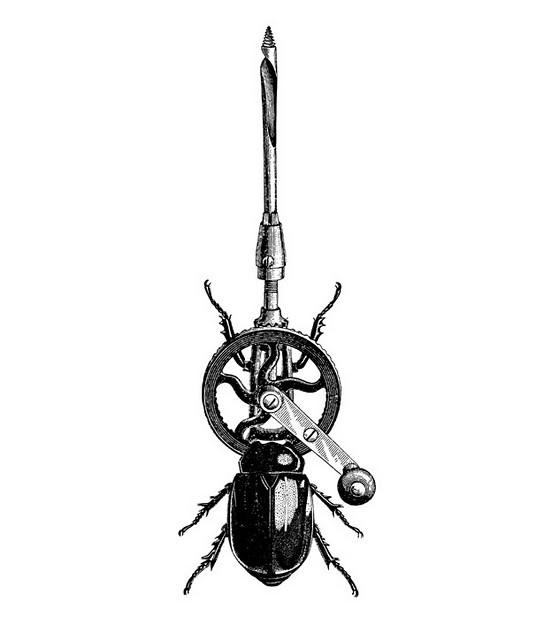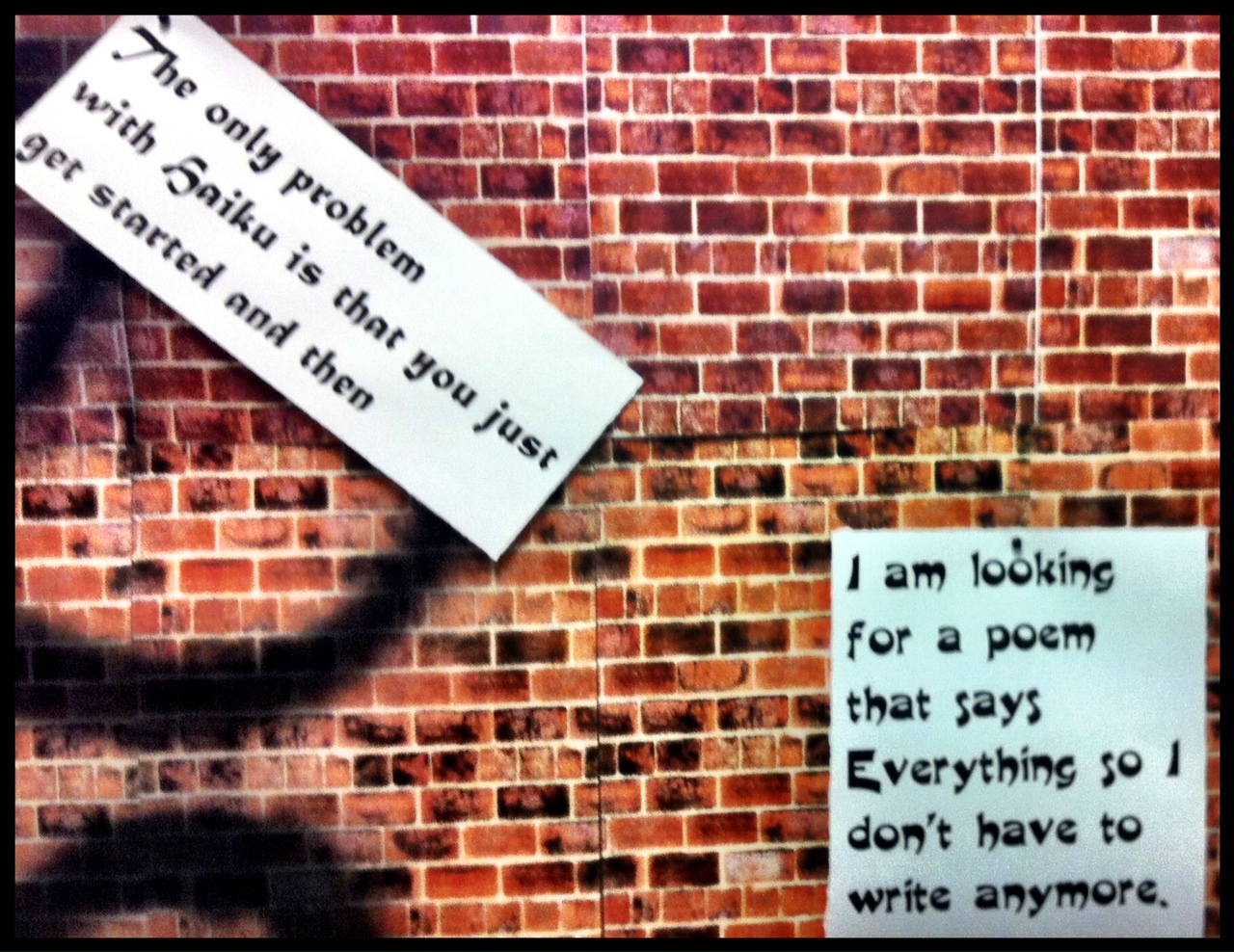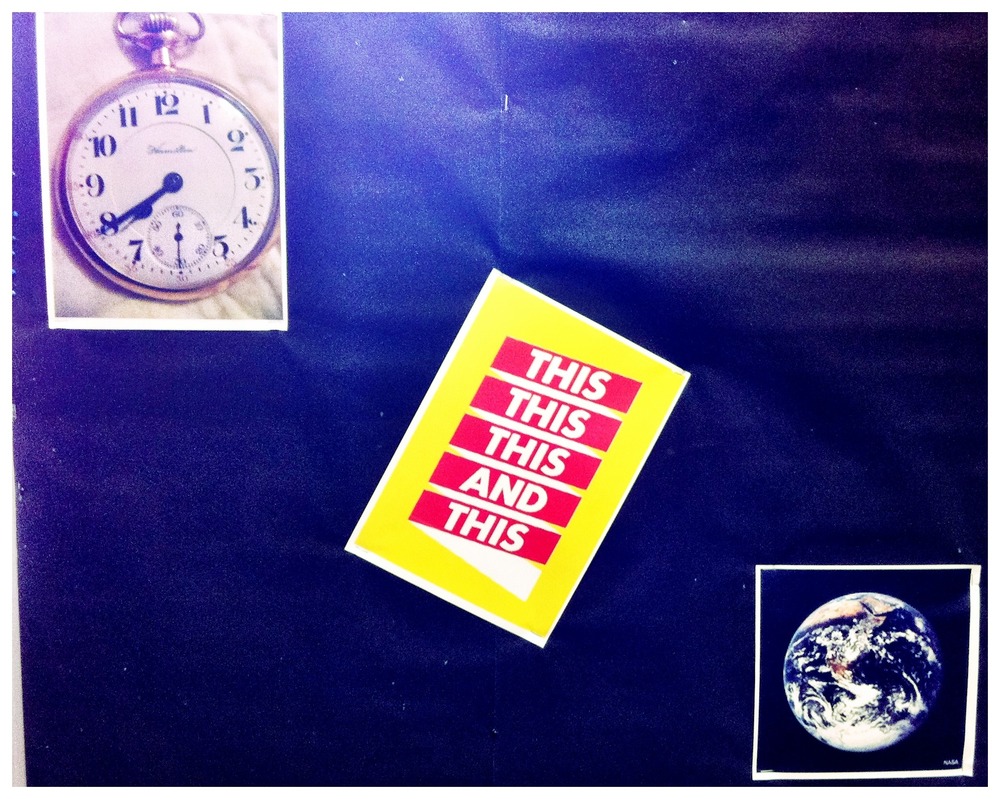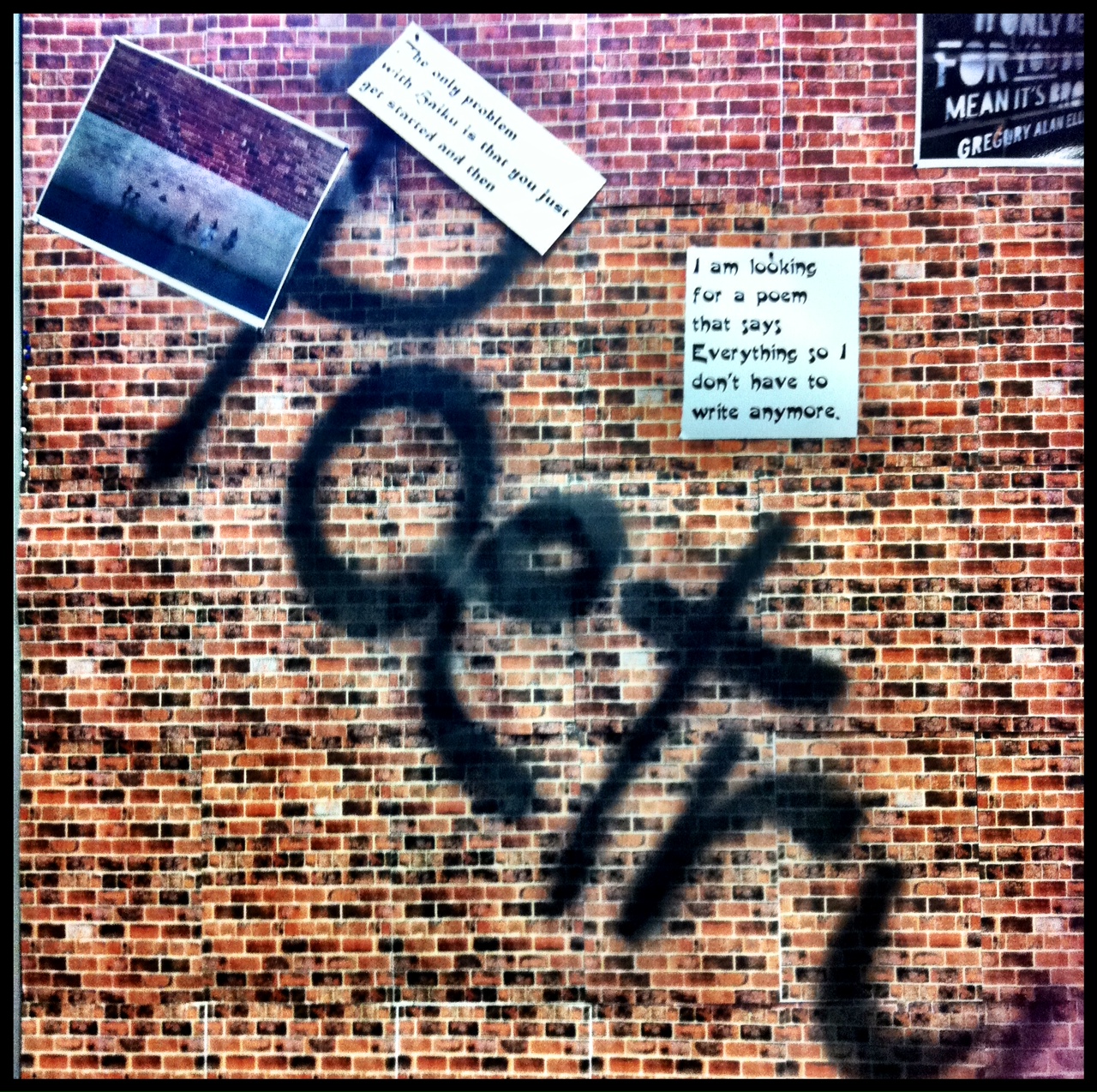Nick and I are very excited about the way our Year 9 blogs are developing. But before I go any further – Isobelle Carmody has visited us in a guest post!! Isobelle has been very gracious and has taken the time to write down her thoughts for our boys. I would like to share her entire post with you:
I was never much for diaries, and then I read the Diary of Anne Frank, and it was so vivid and real and it felt so true, that I have on and off again over the years, tried to write diaries. I was never very good at them, perhaps because I was the only audience and it seemed to me that I poured the best of myself, the truest words I could write, into my books. You might smirk at this, given I am captive in the fantasy genre corral (save when I can jump the fence and go for a midnight roam in the other paddocks or even out into the wild, where there are no rules or fences). But I don’t see the best fantasy as escapism. I see it as an attempt mostly to try to look at human existence from the outside. To get outside of ourselves, because reality always feels like I am too close to the mirror to see properly. You know when someone shows you something and they hold it too close? For me right from the age of 14 when I first started to write, I was striving to get some distance, some breathing and thinking space, and fantasy and science fiction allowed this. For me it is a very philosophical genre – it allows me to grapple with the great questions of human existence. Why am I here? What is the nature of existence? Am I (are we) FOR anything? Why are humans capable of such wonderful and dreadful extremes of behavior? etc
When Ms Sheko asked if I would like to post on your site, I came to visit to see how I would fit in there. I was immediately taken by the techno-beetle, and then that lovely quote from Thomas Mann had me hooked. It was also timely because having resisted blogging as I resist all new things that force me to pay attention to the world and hence to neglect the worlds I am building in my imagination, I was asked by the State Library blog for a month Inside a Dog. I was intrigued and agreed before I could stop myself. So, ten days and five posts in, I am really fascinated and interested in the process, because it seems to me like a diary and yet it does have an audience and feeling that, it causes me to treat the material I want to talk about differently. Unlike books, it does exactly what Mr Fairlie talks about in your site – it allows me to try out ideas on paper (well, cyberpaper) for an audience that may or may not read me, but they might, and so I have to take their presence seriously. It allows me to find out what I think about things- that in fact is what I think all writing should be about. Writers figuring out the world for themselves.So, good luck to all of you and take full advantage of this site. It really does help you to think better.
Oh, and if any of you would like to visit me, either send me a friend request on Facebook or better still, come visit me this month on Inside the Dog– it is a lot less unsavoury than it sounds. Here is the link to the latest blog and you can read down and back from there. There are lots of other fabulous blogs too, and you gcan get to all of them.http://www.insideadog.com.au/blog/short-story-pt-1best wishes
Isobelle Carmody
I particularly love this section of Isobelle’s post
I am really fascinated and interested in the process, because it seems to me like a diary and yet it does have an audience and feeling that, it causes me to treat the material I want to talk about differently. Unlike books, it does exactly what Mr Fairlie talks about in your site – it allows me to try out ideas on paper (well, cyberpaper) for an audience that may or may not read me, but they might, and so I have to take their presence seriously.
Having an audience, even a potential one, apart from the teacher and outside the classroom, sets the boys in a completely different space. I know that because I’ve been writing blogs for a few years, and although I’m never sure who will read my writing, I have a sense that somebody out there might, and so I write for that somebody. That’s entirely different to writing a prescribed piece of writing you know your teacher will read – not for pleasure, but in order to give a mark.
Amazingly, Nick has already seen evidence of this awareness in our boys within a very short time –
They are all really experimenting with voices. I love the difference in voice between the first and subsequent posts. They very often go over the top, and mimic what they think is an adult voice. This is so much better than what they usually produce, which is the voice they think is the ‘right’ one (bland and devoid of personality).
I’m overwhelmed by what is happening in these blog spaces within such a short time. The boys have demonstrated some excellent philosophical thinking. In the second task they have reflected on what constitutes learning, whether this happens in or out of school and about their ideal learning context. They have been reading each others’ posts and have started to have meaningful discussions. This is a far cry from the banal commenting which is often associated with teenage social media environments. This is high quality writing, reflection, evaluation and interaction.
Most of all, the boys are feeling their way into their blog spaces. They are starting to feel comfortable in their blogs and are finding their authentic voices. As Nick has observed, the quality of their writing has increased noticeably. Some are using images to complement their writing. It hasn’t taken long at all.
Who says deep learning isn’t possible within social media?
Take a look at the boys’ blogs, their online conversations. Please come in here and leave a comment.







